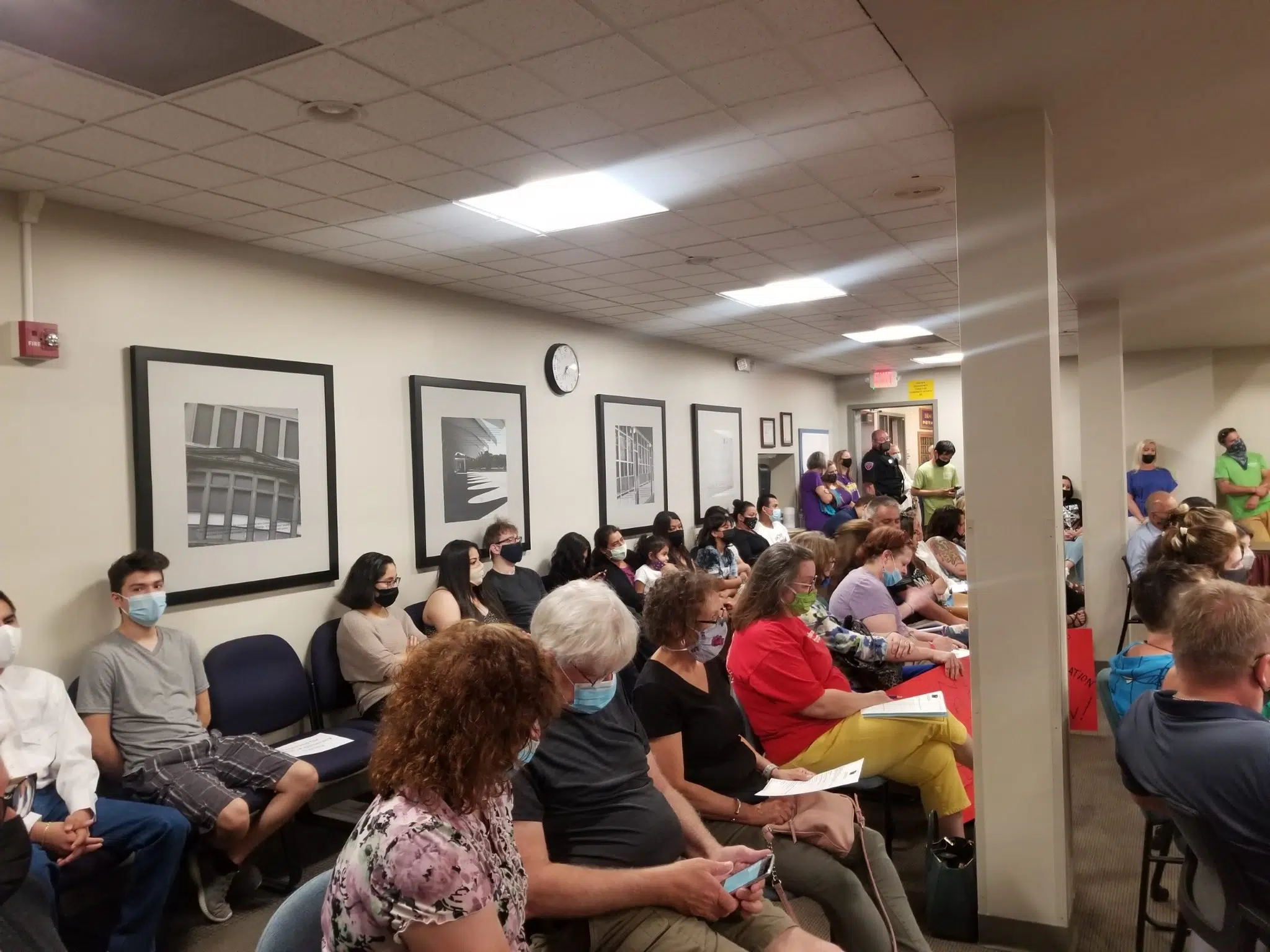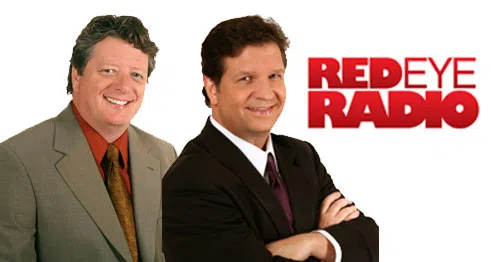Story by Kevin Woodard
The Unit Five School Board meets tonight and their sexual education program is on the agenda. The program will be taught to students in the eighth and ninth grades. The district is offering a National Sex Education Standards (NSES) program developed for the sixth through twelfth grades It includes information on gender identity and expression as well as sexual orientation and identity. The item appears on the agenda for First Reading.
Public Act 102-0522 has a provision that says schools “may” adopt the NSES. In legal documents, there is an important distinction between “shall” and “may.” “Shall” is a command; whatever follows after “shall” is mandatory. It is required; it must be done. On the other hand, “may” is discretionary; what comes after “may” is optional; it is at the discretion of the person making the decisions.
According to a link provided on the agenda that sends you to an Advocates for Youth page, “The National Sex Education Standards (NSES) outline the foundational knowledge and skills students need to navigate sexual development and grow into sexually healthy adults. The updated NSES reflect advancements in research regarding sexual orientation, gender identity, social, racial and reproductive justice, and the long-term consequences of stigma and discrimination. Other additions include: advances in medical technology, the emergence of digital technologies and the growing impact of social and sexually explicit media on relationships.”
The NSES program states, “The National Sex Education Standards: Core Content and Skills, K–12 (Second Edition) were developed by the Future of Sex Education (FoSE) Initiative, a partnership between Advocates for Youth, Answer, and SIECUS: Sex Ed for Social Change that seeks to create a national dialogue about the future of sex education and to promote the institutionalization of quality sex education in public schools.”
The Advocates for Youth web site says, “Young people understand that reproductive and sexual health and rights are inextricably tied to social justice and the fight for liberation.” “Our bodies. Our life. Our movement,” the home page banner reads. Advocates for youth also invites everyone to, “Join thousands of youth activists as we build a better and more equitable world.”
The Future of Sex Educatioon (FoSE) was “thrilled to announce the release of the National Sex Education Standards, Second Edition.” It hailed the fist edition as “a breakthrough” and stated, Inclusive and honest sex education goes beyond delivering information. It provides young people with opportunities to explore their own identities and values along with those of their families and communities. It also allows young people to practice their decision-making, and negotiation skills they need to create healthy relationships-both sexual and nonsexual-throughout their lives.”
Certainly other groups would praise the program as well. But a number of people oppose the program just as much as, if not more than, those behind the program praise it.
Local activist Becky Swan is one such person. Last summer Swan spoke out at local school board meeting in District 87 against a bill passed by the Illinois State Legislature that requires school boards to teach the NSES program if they teach sex education.
Regarding NSES Swan stated. “This is an unfunded mandate that destroys local control over curriculum. It sexually grooms young children by introducing sensitive and inappropriate topics. It introduces topics which students would be uncomfortable discussing and is therefore a form of sexual harassment.”
She went on to discuss NSES providing examples saying, “This is K through 2. … They need to be able to define gender, define gender identity and define gender role stereotypes. … 3 through 5, … they need to be able to describe the role of hormones; for example romantic and sexual feelings, masturbation, … They need to describe … the potential role of hormone blockers on young people who identify as transgender. … They need to explain the differences between cisgender, transgender, gender nonbinary, gender expansive and gender identity and explain that gender expression and gender identity exist among the spectrum. .. They need to differentiate between sexual orientation and gender identity.”
Keeping in mind that Unit 5 is planning to teach grades eight and nine this is what Swan had to say last year about the grade six through eight curriculum. “They need to define vaginal, oral and anal sex. … They need to define sexual identity and explain a range of identities related to sexual orientation including heterosexual, bisexual, lesbian, gay, queer, two spirit, asexual and pansexual.
According to Swan, for grades nine through twelve students would be required to, “differentiate between sex assigned at birth and gender identity and gender expression and identify factors that impact the risk of pregnancy and the potential transmission of STD’s including HIV from a number of sexual behaviors including vaginal, oral and anal sex … define reproductive justice, explain it’s history and how it relates to sexual health.”
Cities 92.9 contacted Swan and learned she was not aware the item was on the Unit 5 agenda. Therefore we were not able to obtain a comment from her at the time of this writing. One might expect Swan and others to have quite a bit to say today. The Unit 5 School Board meets at 6:30 pm at the district office at 87 W. Hovey Ave. in Normal.







